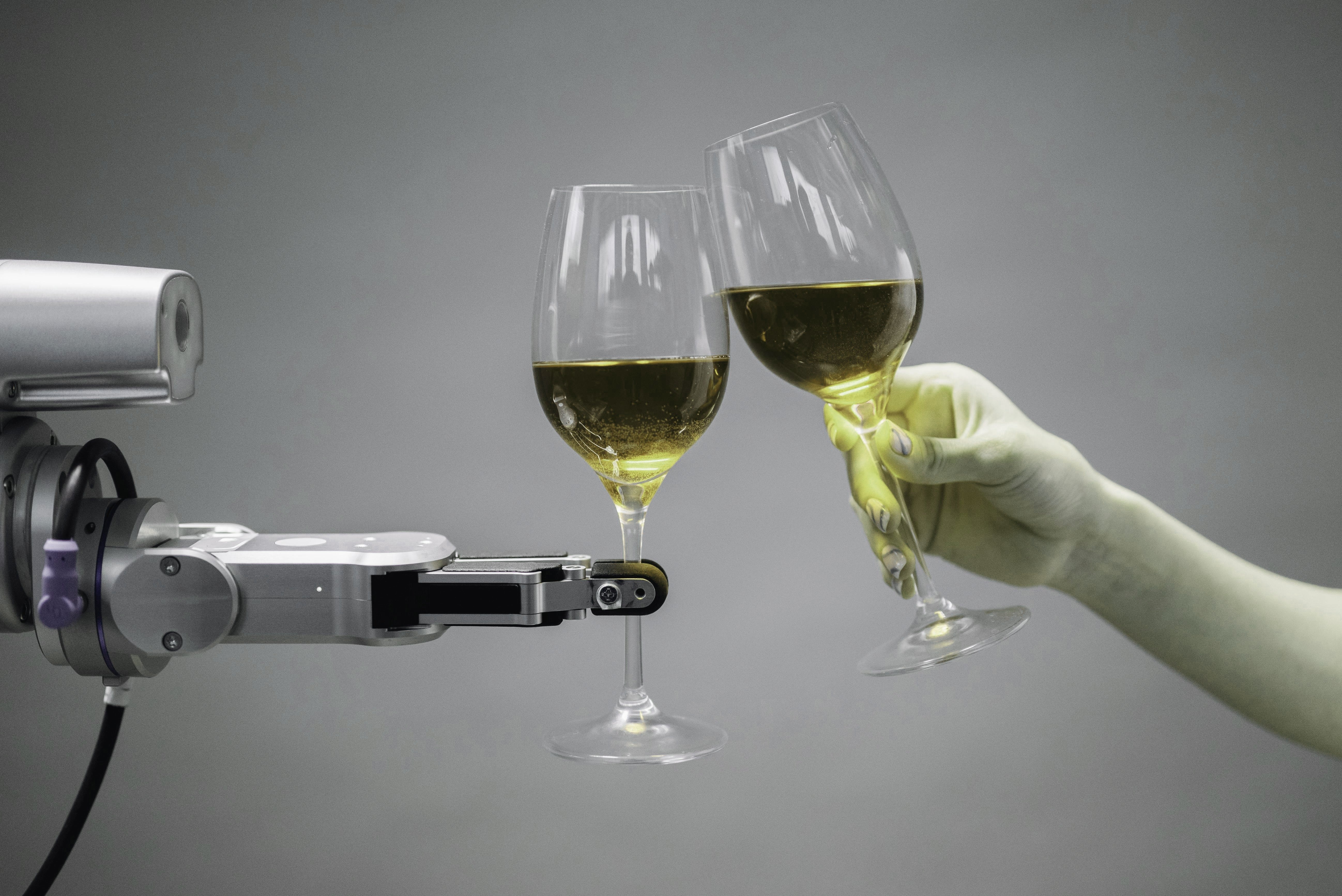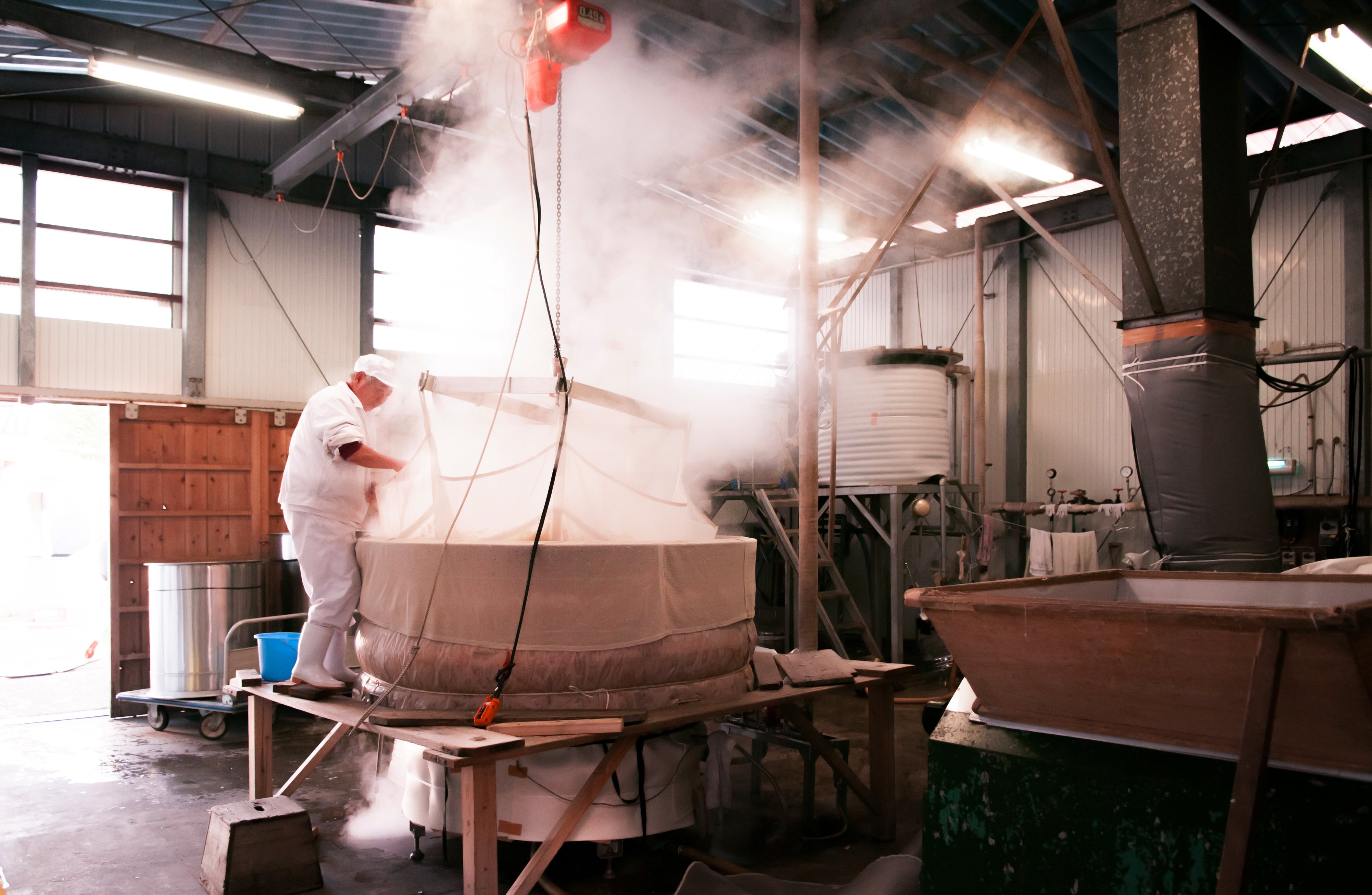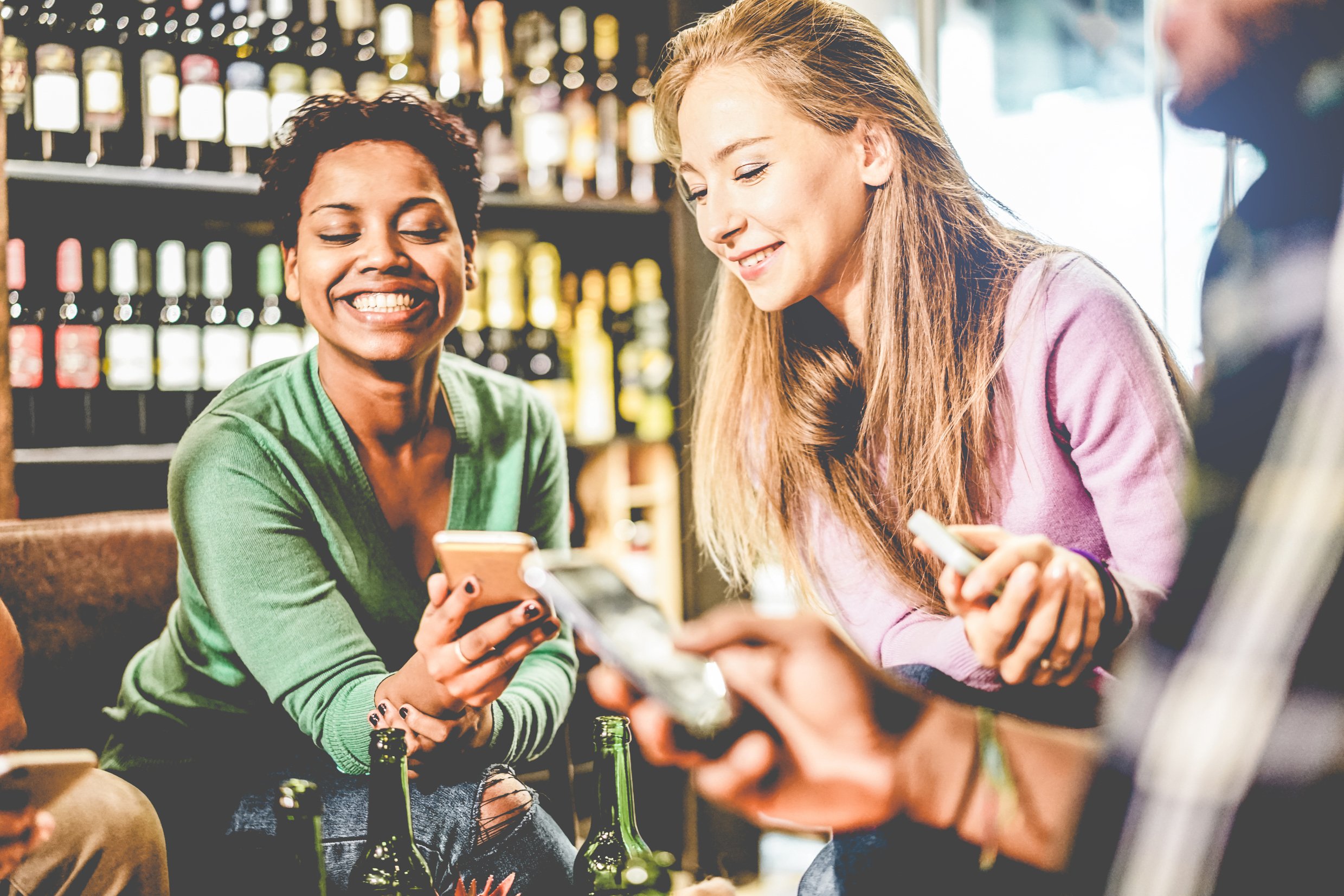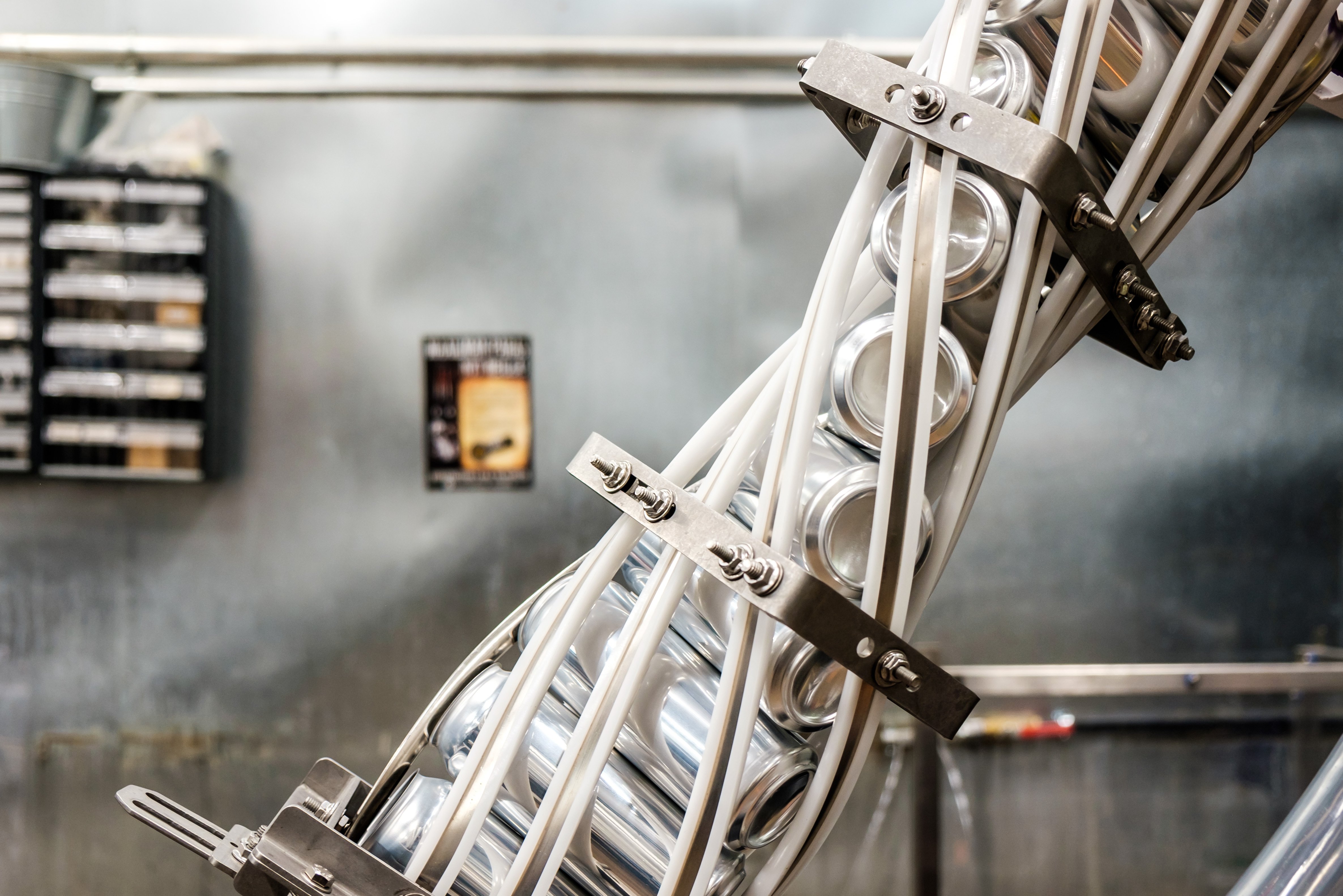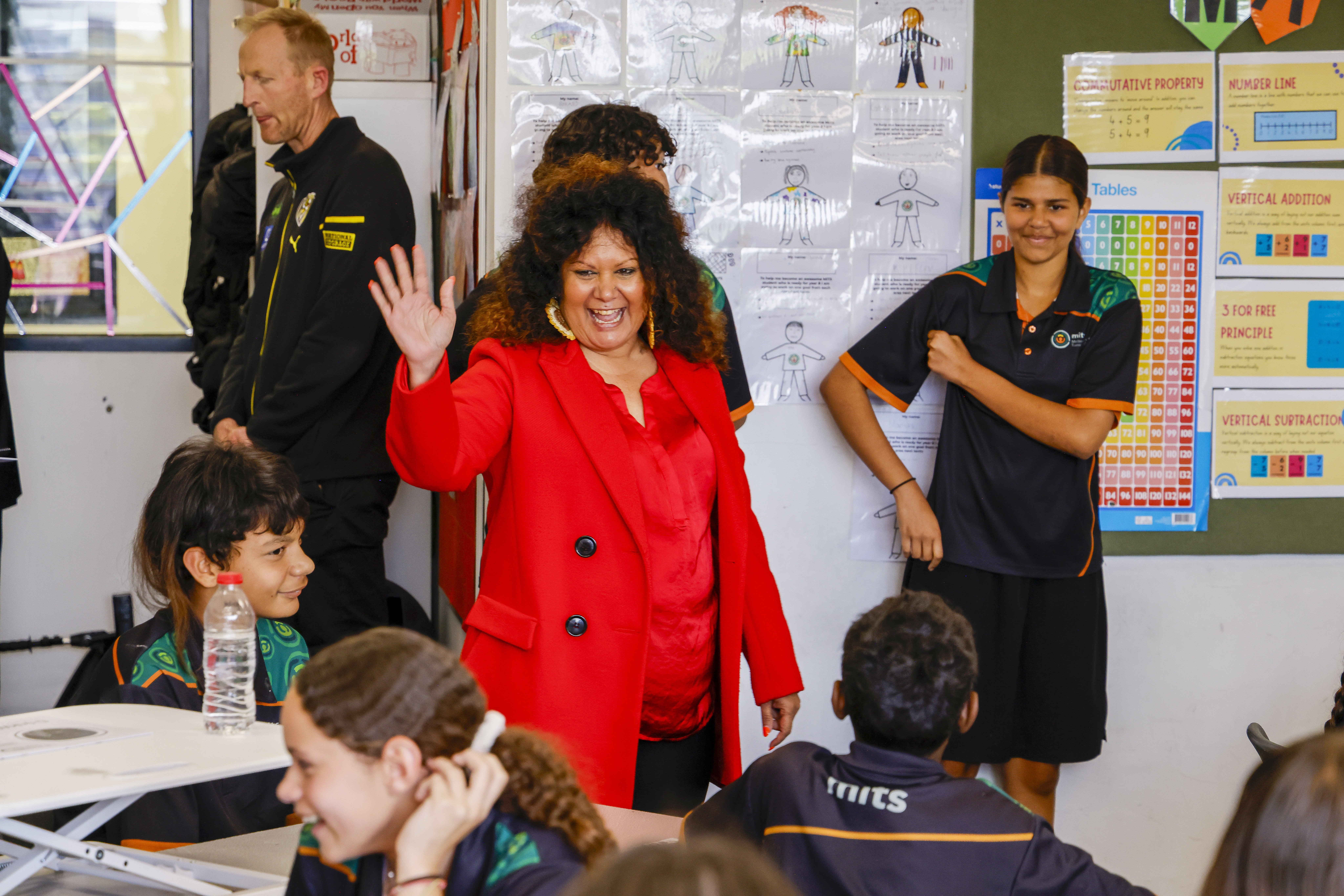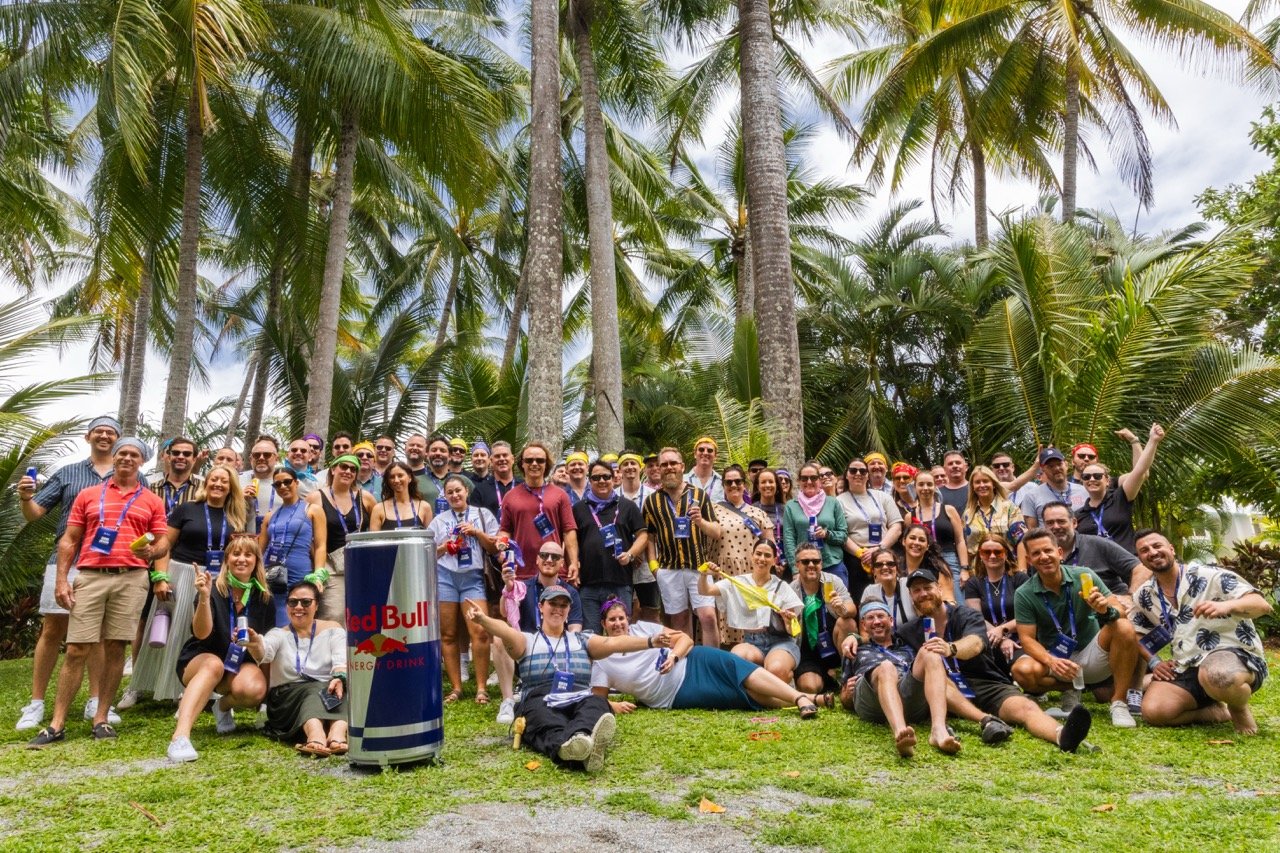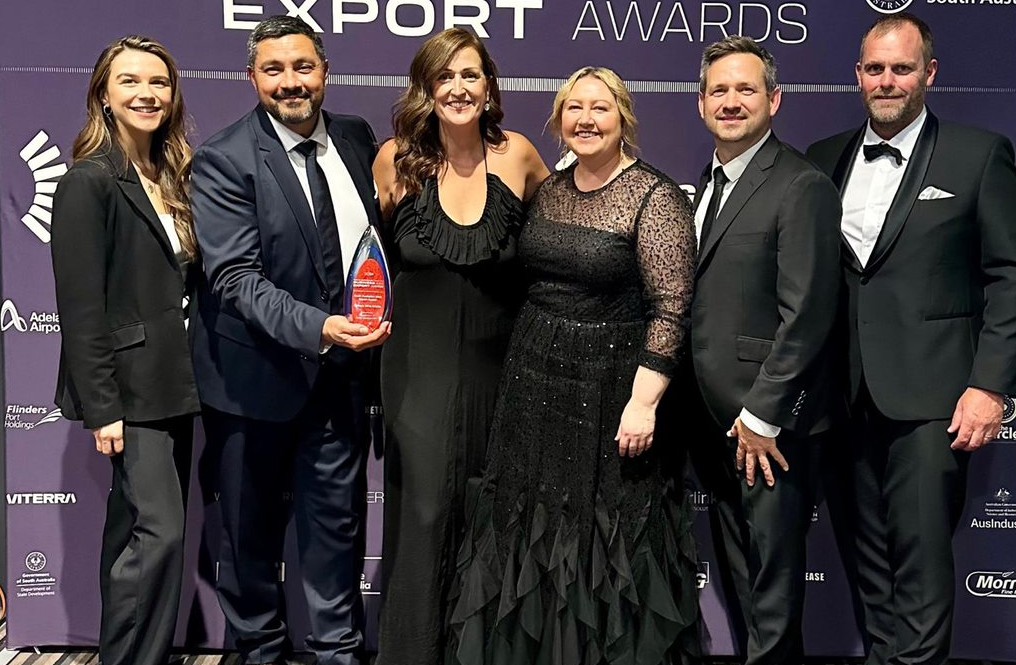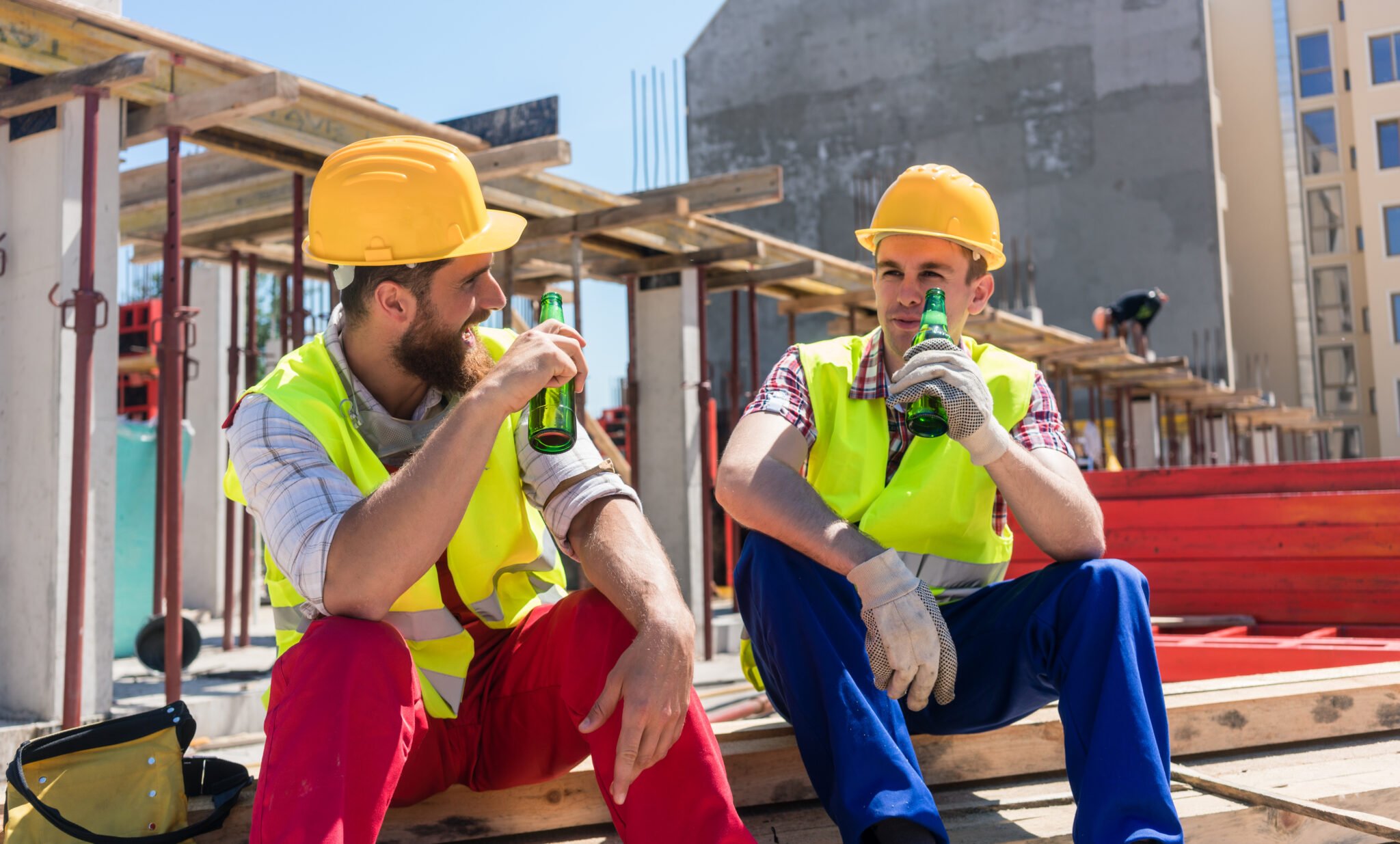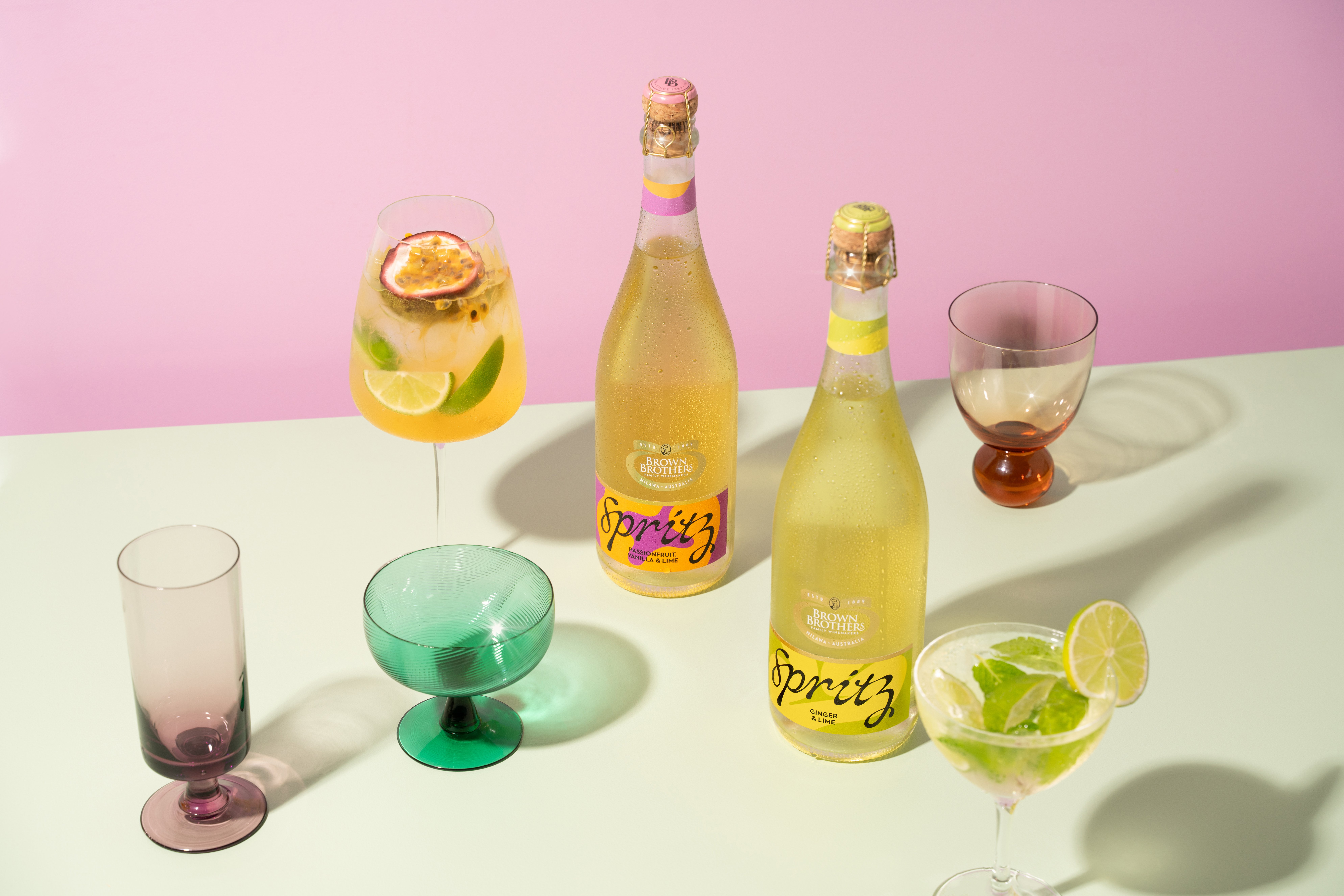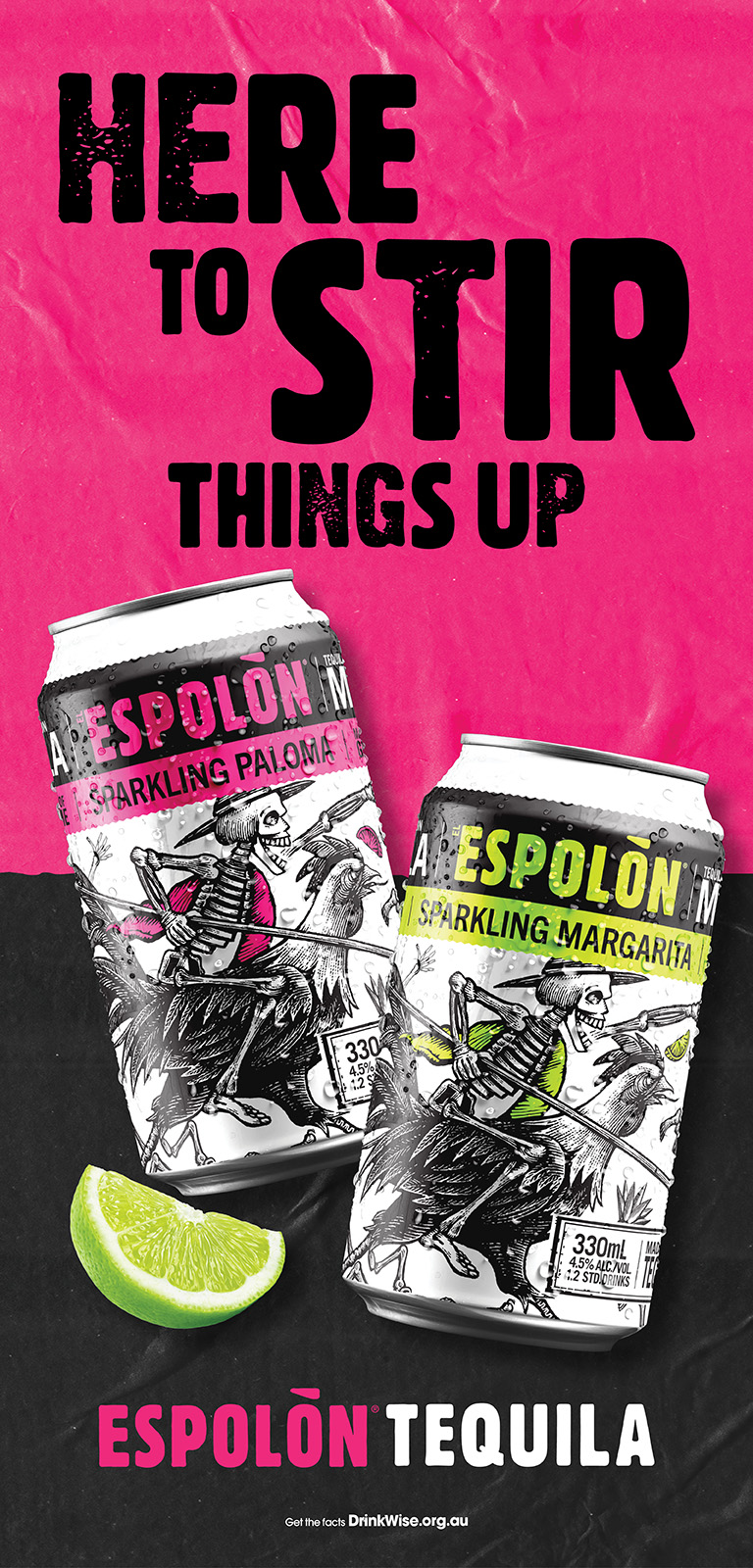In most liquor industry circles, the use of Artificial Intelligence by drinks brands has remained a fairly a fairly hushed topic. This is in spite of AI now being widely used across a diverse array of industry sectors, including for the label design of the recent $65,000 per bottle The Glenlivet's 50 year old luxury collection, to self-described AI-generated RTDs and AI wines, to retailers and warehouse managers using AI to more accurately managed stock on hand and growth projections. As IWSR’s Chief Executive Officer of Research Emily Neill puts it, “while still in its early days, it’s clear that AI can be used across many areas of the business.”
Coles Liquor, which this week shared details about ongoing trials of AI-generated consumer demand forecasting, is one local example of how Australia’s liquor trade can incorporate AI use.
When asked about the new forecasting and automated ordering system tool, Coles Liquor told The Australian it “will help us predict customer demand and required stock levels in advance.”
Coles Liquor’s AI-generated consumer demand forecasting tool considers almost all major factors that can influence sales. This includes major annual events, brand campaigns and promotions, past sales, and weather patterns.
“By having access to better data and insights we can effectively collaborate with our more than 2000 suppliers and give them greater visibility of stock requirements in advance to support their production planning,” said Coles Liquor.
“This is particularly important for our small and medium suppliers so they can ensure availability of their stock in our stores at the right place at the right time.”
The AI tool represents a continuation of Coles Liquor’s renewed omnichannel focus, which was outlined as a priority by CEO Michael Courtney at the Drinks Association’s February Network Breakfast.
Coles Liquor’s new forecasting tool is being officially rolled out at present, with suppliers to be transferred onto the system throughout the coming years.
According to recent IWSR analysis, the liquor industry is still in early stages of AI experimentation, with global brands such as AB InBev and Heineken using AI to increase efficiency, whilst brands such as Sapporo are using AI to help with product development. Sapporo Breweries’ AI use, which saw it partner with IBM Japan to establish an AI system dedicated to new product development, reportedly reduced time spent on various aspects of the NPD process by between 50-75%.
According to Neill, this research phase will be essential to establishing the groundwork for future integration of AI in the liquor industry sector.
“It is important to experiment to see where the most gains will be, and then focus investment on the most successful use cases,” she said.
Share the content
